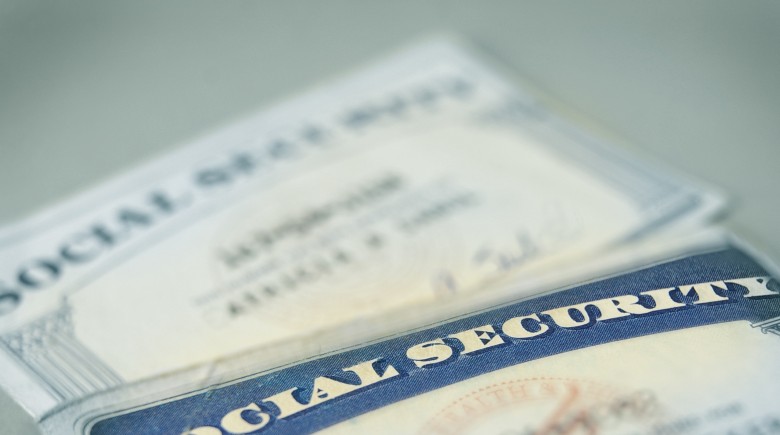You pay into social security your whole career and you begin receiving benefits from this program when you retire. However, not everyone retires at the same time. The amount of social security benefits that you receive each month is going to vary depending upon your age at the time when you retire. If you wait until “full retirement age,” you’ll receive more in payouts from the SSA each month than you would if you retired earlier. However, by taking your social security early, you get to be paid benefits for more years.
Deciding whether to start social security early or not is a difficult choice and is one that must be made on a case-by-case basis after taking into account your work history; other social security benefits you may be eligible for; your other sources of retirement income; your health insurance situation and the needs of your family members.
What Happens When You Take Social Security Early
Full retirement age used to be 65, but this is no longer the case for all beneficiaries of social security. If you were born after 1938, the age considered full retirement age gradually increases. A calculator on the SSA website allows you to put in your birth year in order to determine exactly what is considered full retirement age for you. For those born after 1959, full retirement age is age 67.
If you decide to retire before you reach full retirement age, your benefits will be reduced. In other words, you’ll receive a smaller amount of benefits for a longer period of time as opposed to receiving a larger amount of benefits for a smaller period. No matter what age you are when you begin to take social security, your income from the SSA will be paid for the rest of your life.
The amount of payments you receive when you first begin receiving SSA retirement benefits will set the amount that you receive for the entire time you are retired. In other words, if you take social security early and you receive a lower payment as a result, your payment will NOT jump up once you turn 67 and reach full retirement age. You’ll continue to receive the lower payment amount (plus annual increases based on cost-of-living adjustments) for the rest of your life.
The reduction in your benefits can be significant if you decide to take social security early. For example, the SSA indicates that a person who was supposed to get a retirement benefit of $1,000 a month at full retirement age will have a 25 percent reduction if he chooses to retire at age 62. Instead of receiving $1,000 per month, the recipient would thus receive $750. This $750 (plus any cost of living increases) would continue to be the monthly benefit amount for the remainder of the recipient’s life.
Those who forego early benefits and wait, on the other hand, could receive more if they go beyond their full retirement age. A person who was supposed to receive $1,000 per month who waited until age 70 to retire would receive $1,320 for the rest of his life.
Because there are such major differences in monthly income, it is important to think carefully about whether early retirement is worth it for you. You should also remember that Medicare doesn’t start until age 65, and that your spouse could potentially qualify for SSI benefits based on your work record, which means your decision to take early retirement could affect your spouse’s future finances as well.




